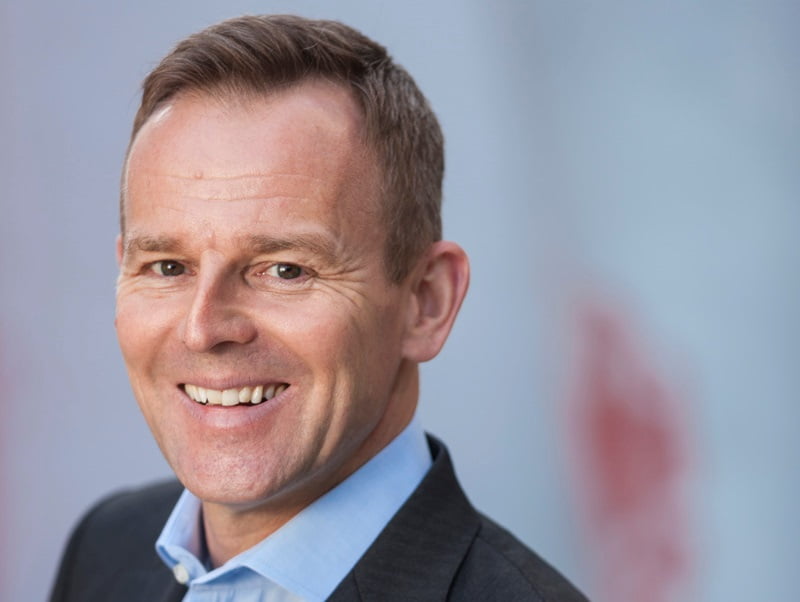The Advanced Manufacturing Growth Centre has launched a new educational platform aiming to help local manufacturers keep pace with digital change and build resilience.
The Manufacturing Academy, soft launched in Melbourne last week, is an online platform offering peer-to-peer learning for Australian businesses from leading manufacturers.
The platform brings together the centre’s research with 50 hours of content, split into five modules, featuring real research, stories and insights from manufacturers.

Advanced Manufacturing Growth Centre managing director Jens Goennemann said the platform is a way for the centre to reach as many Australian businesses as possible.
“We can only do so many projects with the funding, we can’t reach every manufacturer in Australia. But the broadness of the projects means there’s so much to share. That makes the platform so interesting,” Dr Goennemann told InnovationAus.com.
“We think it can scale the good work my team is doing together, to scale into the broader community is a very powerful thing. We have set the direction for manufacturing, we did profound research and we believe in our research.”
The free platform was built on a learning management system purchased via a flat fee from Canada, making it easily scalable, Dr Goennemann said.
“If we go out and reach the CEOs of companies, they can take the system and scale it into their organisations.”
“It’s not only horizontally through the community, but if we get them on board and they see the value, they can spread it vertically into their organisations,” he said.
The platform’s modules focus on global competitiveness, commercialising ideas, export readiness, skills of the future, diversifying revenue streams and becoming resilient.
It is designed to deliver “exclusive industry insights on how to increase commercialisation and capitalise on innovation”.
The Advanced Manufacturing Growth Centre was launched in 2015 as part of the government’s Industry Growth Centres initiative, with an aim to “transform Australian manufacturing to be more globally competitive and generate demand for jobs”.
Dr Goennemann was appointed as managing director in 2016 after previously serving as the managing director of the Airbus Group Australia Pacific.
“We are early in the fourth year, and I like to think that the whole narrative around manufacturing has changed. It’s now understood to be more than production, and we have demonstrated our direction-setting research via projects,” he said.
“We’re seen as an authority in the field – we’ve got our research right. Now we need to transform our narrow-minded fusing together of manufacturing with production. Production is only one step in the seven steps that start with R&D.”
Australian manufacturers need to be innovative and adapt to technological change in order to target their own niche where they can be globally competitive, he said.
“That’s transformation; being better – not cheaper – is the way to have a resilient manufacturing sector. That’s reflective of the Australian lifestyle. We’re not competing to be cheaper, we need to be better. We have demonstrated that we can do that, we have all the possibility for a sustainable, resilient sector because we can export,” Dr Goennemann said.
“We’re too small a country to do anything else but we can have successful niches.”
“If we’re good at that niche on a global scale, then a little slice of the global cake is bigger than the whole cake of nothing.”
Commonwealth funding for the Industry Growth Centres was thrust into the spotlight during the recent federal election campaign, with Labor’s proposed policy costings cutting more than $300 million from it and the Entrepreneurs’ Programme.
This would have been about half of the centres’ overall funding.
With the Coalition’s election victory, funding for the centres will remain at about $120 million annually, despite Labor’s criticisms of their role and effectiveness.
But Dr Goennemann would not be drawn on the debate, saying the centre is firmly politically agnostic.
“I’ve always said we’re a bipartisan initiative. Our mission is to advise on good policy, not good politics. Our mission is to transform the manufacturing sector and make it globally more competitive. That has nothing to do with Labor or Coalition policy, only right and successful policy,” he said.
Do you know more? Contact James Riley via Email.

